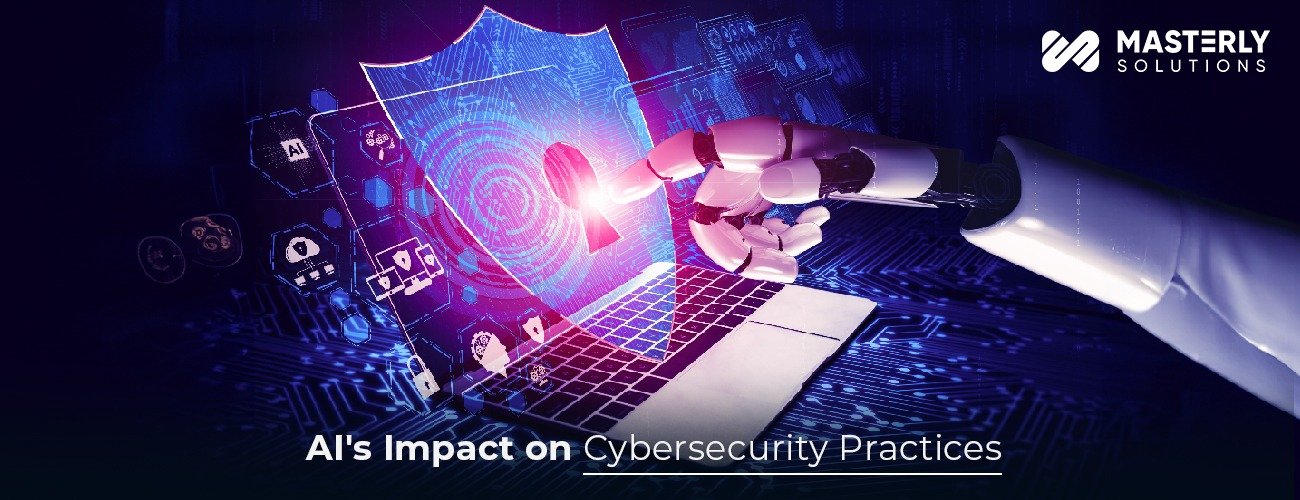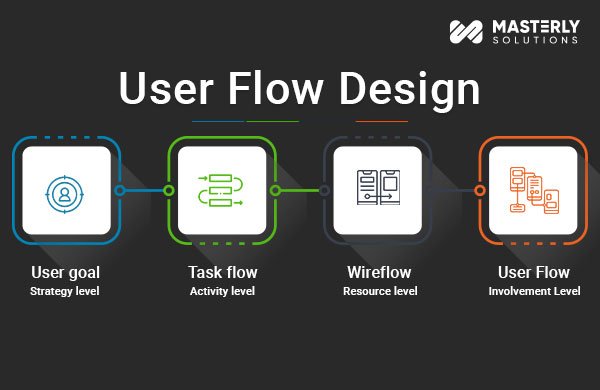
In the ever-evolving realm of digital security, the incorporation of Artificial Intelligence (AI) into cybersecurity practices has emerged as a beacon of innovation and resilience. With cyber threats becoming more sophisticated, the traditional defensive mechanisms are being outpaced. This is where AI steps in, not just as a tool, but as a game-changer in the world of cybersecurity.
Table of Contents
The Rise of AI in Cybersecurity
AI in cybersecurity is more than a trend; it’s a fundamental shift in how security infrastructures understand and respond to cyber threats. AI’s ability to process and analyze vast amounts of data at unprecedented speeds allows for the identification of patterns and anomalies that would be impossible for human analysts to detect in real-time. This capability is crucial in a landscape where threats evolve faster than ever.
Automated Threat Detection and Response
One of the most significant impacts of AI in cybersecurity is in threat detection and response. AI algorithms, powered by machine learning, continuously learn from network traffic data and user behaviors, enabling them to identify potential threats swiftly. This proactive approach to threat detection is vital in mitigating risks before they escalate into major breaches.
Enhancing Vulnerability Management
Vulnerability management is another area where AI is making a substantial impact. By leveraging AI, cybersecurity systems can automatically scan for weaknesses within an organization’s network and prioritize them based on potential impact. This not only streamlines the vulnerability management process but also ensures that the most critical vulnerabilities receive immediate attention.
Revolutionizing Authentication Processes
AI has also transformed authentication processes. From sophisticated biometric authentication methods like facial recognition and fingerprint scanning to behavioral analytics that study patterns in user behavior, AI provides a multi-layered approach to verifying identities and preventing unauthorized access.
Facing the Challenges
However, the integration of AI in cybersecurity isn’t without challenges. Issues such as false positives, where legitimate activities are flagged as threats, and false negatives, where actual threats go undetected, are still prevalent. Moreover, the ethical implications surrounding data privacy and the potential misuse of AI technologies pose significant concerns that need addressing.
Preparing for AI-powered Cyber Threats
As much as AI is a tool for defending against cyber attacks, it also has the potential to be used in executing them. This dual-edged nature of AI necessitates a continuous evolution of AI strategies in cybersecurity to stay ahead of cybercriminals who are also leveraging AI for malicious purposes.
Conclusion
The integration of AI into cybersecurity practices marks a pivotal shift in our approach to digital security. While it presents its own set of challenges, the benefits it offers in terms of enhanced threat detection, efficient vulnerability management, and robust authentication processes are undeniable. As we move forward, the continued innovation and ethical application of AI will be crucial in shaping a more secure digital world. The future of cybersecurity is not just about fighting fire with fire; it’s about staying several steps ahead, and AI is the key to that future.


